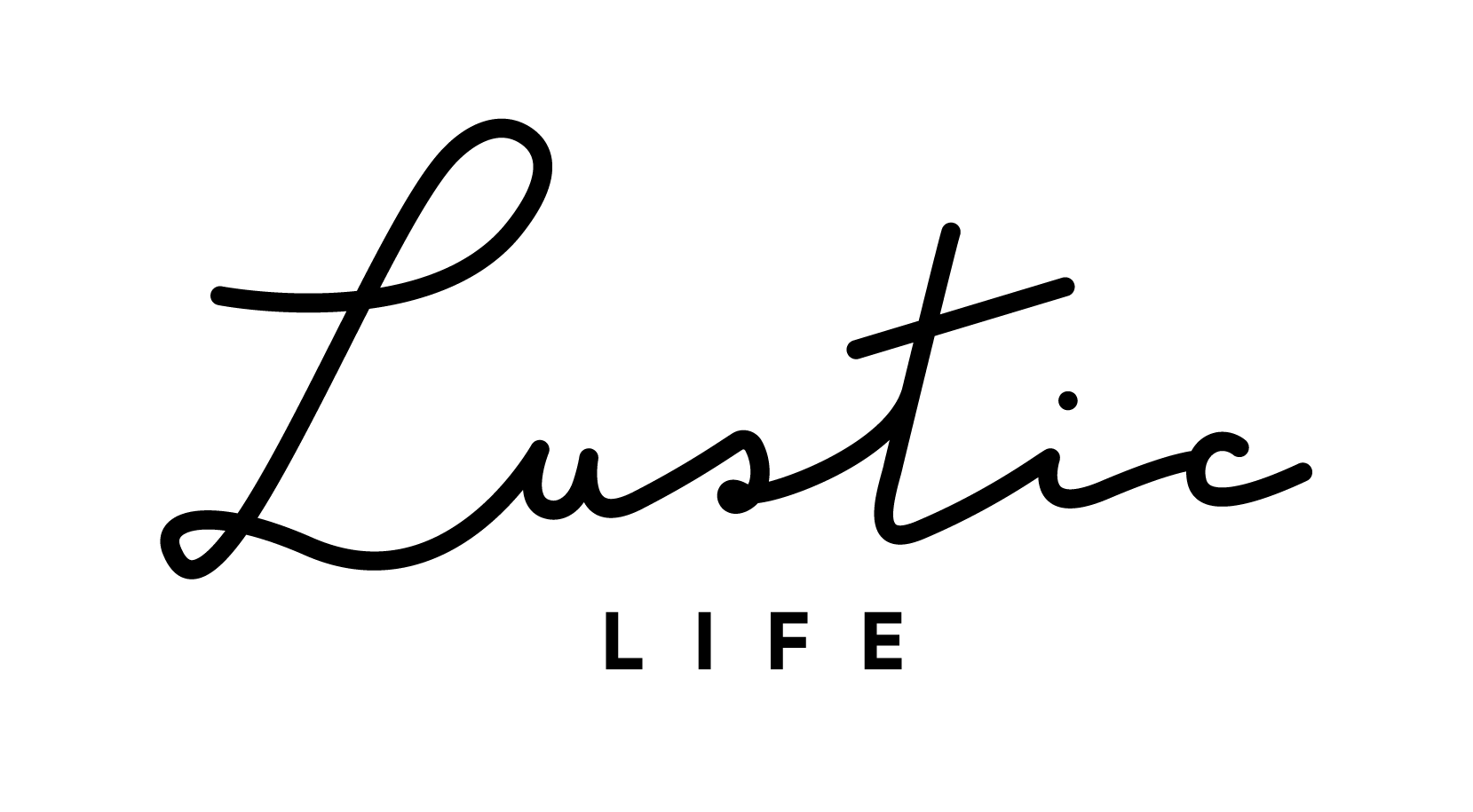3 Easy Strategies For A Healthier You
Much of the online content we consume (pardon the pun!) on healthy eating focuses on what we “shouldn’t” be eating, depending on what you read and where you read it. To add to the mix, there is conflicting information on nutrition everywhere. This can be very unhelpful if we are trying to make healthier choices, and can leave us feeling confused, guilty and demoralised.
In this article, Charlotte, our wellness contributor and owner of wellness coaching business Island Nourish, shares some no-nonsense tips that will help give you a different perspective.
1. Positive Nutrition
Rather than taking a negative approach to foods that might be labelled in the media and online as “bad”, try to skip the hyperbole and focus instead on all the nutritionally dense and delicious food out there that we know is positive for health, rather than on things we think we should avoid.
Increasingly, studies show that regardless of our nutritional approach, upping the variety of plant-based foods that we eat supports our health in a myriad of ways. Benefits include encouraging a healthy gut microbiome (key in supporting a robust immune system), helping to balance hormones, absorbing critical nutrients from the foods we eat and even promoting better mental health.
To be clear, plant-based foods not only refer to fruit and vegetables but also whole grains, legumes, nuts and seeds. These nutritionally dense foods should form the basis of a healthy plate. “Eating the rainbow” is not just an Instagram trope: enjoying a wide range of coloured fruit and vegetables provides us with an incredible range of health-supporting phytonutrients and plant fibre.
Everyone will benefit from focusing on eating more plants, regardless of whether you are a carnivore, pescatarian or flexitarian.
2. Crowding Out
The great thing about “positive nutrition” and increasing plant-based whole foods in our diets, is that we will inevitably “crowd out” other, less healthy healthful foods. Increasing more healthy foods, even on a gradual basis, will eventually elbow aside the less nutritionally dense and processed foods.
3. Reject The All Or Nothing Approach
One of the greatest mistakes we make when trying to change our eating habits is to set a personal expectation which is unsustainable in the long term. This is often because our well-intentioned resolution is either too extreme (e.g. “I’m cutting out sugar/alcohol/carbs for good”) or it completely disregards the reality of our lifestyle and is therefore too difficult to stick to after a few weeks or even days. (This is often common in the new year after a hectic holiday season! Learn how you can balance those indulgences here.)
For many of us, one slip and we will feel like we have failed, and more often than not, that will be the end of it.
Real transformation comes from making small, gradual changes over time and sticking to them consistently. They also need to be easy to stick to, so considering what is realistically possible for you, and the way you live your life is key.
To start with, no change is too small. If you want to reduce your sugar intake, for example, start gradually by cutting out one of the spoons of sugar you have in your tea, or ditching one of the cans of soda that you drink a week. Build on each small change, and sooner than you think, you will be building better habits. And if your looking for more tips and how to start your wellness journey, you can find them here.
Unfortunately, there is no “quick fix” if you wish to implement real long-term change to your health through nutrition, but it will be SO worth it.
About Charlotte
Charlotte Beales-Hart is a certified integrative nutrition health coach and focuses on partnering with women who are committed to working to become the most vibrant, balanced and healthy version of themselves.
After suffering her own health crisis and starting her wellness journey a few years ago, Charlotte is passionate about supporting women to take the small steps that lead to big transformation. She believes that everyone should invest in themselves to identify what works for them as an individual, create a “toolbox” of wellness tricks that make them feel their best and then stick to them as if their life depended on it.
If you would like to find out more about Charlotte’s wellness coaching programs or be added to her newsletter subscription list, please visit Island Nourish or contact her at charlotte.islandnourish@gmail.com





